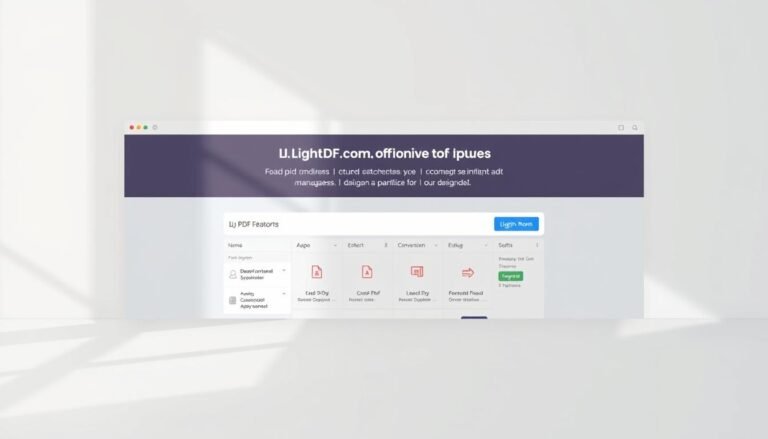In today’s digital world, protecting your online presence is more important than ever. Cyber threats such as hacking, phishing, and identity theft are on the rise, making it essential to safeguard your personal and professional information. Here are some effective cybersecurity tips to help you stay protected online:

1. Use Strong and Unique Passwords
- Create complex passwords with a mix of uppercase, lowercase, numbers, and symbols.
- Avoid using personal information like birthdays or names.
- Use a password manager (e.g., LastPass, 1Password) to generate and store secure passwords.
2. Enable Two-Factor Authentication (2FA)
- Activate 2FA for all your accounts (e.g., email, social media, banking).
- Use an authenticator app (e.g., Google Authenticator) instead of SMS for added security.
- This creates an extra layer of protection even if your password is compromised.
3. Avoid Public Wi-Fi Without a VPN
- Public Wi-Fi networks are vulnerable to hacking.
- Use a VPN (Virtual Private Network) to encrypt your connection and protect your data.
- Avoid accessing sensitive accounts (like banking) over public Wi-Fi.
4. Be Wary of Phishing Attempts
- Don’t click on suspicious links or download unknown attachments.
- Verify the sender’s identity before responding to emails or messages.
- Look for spelling errors, unusual URLs, and mismatched email addresses.
5. Keep Your Software and Devices Updated
- Regularly update your operating system, apps, and antivirus software.
- Enable automatic updates to patch vulnerabilities quickly.
- Outdated software is a common target for cyberattacks.
6. Secure Your Social Media Accounts
- Set your social media profiles to private.
- Limit the personal information you share online.
- Remove unused apps that have access to your social media accounts.
7. Delete Unused Accounts and Apps
- Old accounts can be targets for hacking.
- Remove any apps or platforms you no longer use.
- This reduces your online footprint and potential points of attack.
8. Monitor Your Accounts Regularly
- Check your bank and credit card statements for unusual activity.
- Use identity protection services to monitor for data breaches.
- Set up alerts for login attempts and account changes.
9. Encrypt Your Data
- Use encryption tools to protect sensitive files and communications.
- Encrypted messaging apps like Signal and Telegram offer secure communication.
- Ensure cloud storage services use encryption for added protection.
10. Backup Your Data Regularly
- Back up your files to an external hard drive or cloud storage.
- Schedule regular backups to prevent data loss from attacks or hardware failure.
- Use secure, encrypted backup services.
✅ Final Thought:
Cybersecurity is not just a one-time effort—it’s an ongoing process. By staying proactive and following these tips, you can protect your online presence, safeguard sensitive information, and reduce the risk of cyberattacks. Stay safe online!
external link









